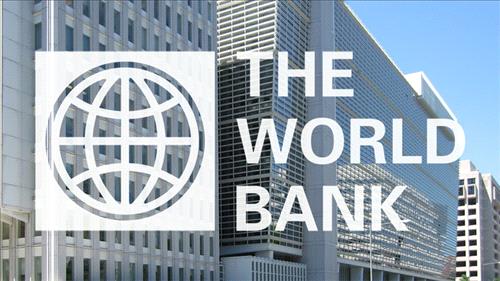-
Top Stories -
Most Popular
-
JD48.6 .. Gold Prices record historic surge in local mark
-
197 days of war: 7 Palestinians killed in Israeli airstrike on Rafah neighborhood
-
UN warns 800,000 people in Sudan city in 'extreme, immediate danger'
-
Man sets self on fire outside New York court where Trump trial underway
-
Warm weather almost countrywide on Saturday
-
13 detainees released in connection with demonstrations on Thursday
-
Army carries out 7 airdrops on northern Gaza with international participation
-
JIACC: Customs employee detained after embezzling JD48,250 within 4 months
-
Shamali: Over 12k vehicles covered after mandatory car warranties decision took effect
-
Number of arrivals to Jordan via low-cost, regular flights declines by 50%
-
Biden says China 'cheating' on steel prices
-
Real Madrid win at Mallorca while resting players for Man City trip. Atletico beat Girona
-
RJ reprograms flights following air traffic halt
-
Civilian casualties reported in Gaza on day 191 of the ongoing Israeli genocide
-
Iranian Embassy: Jordan's threat is incorrect
-
FM: Jordan will continue to take all necessary steps to protect its security, sovereignty
-
Jordanian delegation participates in World Bank, IMF 2024 Spring Meetings
-
CARC announces reopening of Jordanian airspace
-
Gov't reiterates support for Army in safeguarding nation's security from any threats
-
Qatar defeat Indonesia as 2024 AFC U-23 Asian Cup begins
WB: Health and education in Jordan confront notable challenges
05-06-2017 04:48 PM
Ammon News - AMMONNEWS - Despite high levels of public investment in health and education in Jordan, both sectors are confronted with notable challenges in the quality of service delivery, according to a new World Bank report entitled "The Last Mile to Quality Service Delivery in Jordan." It said Jordan can improve the quality of health and education services by using incentives and increasing monitoring to strengthen accountability. |
- no comments
Ammon News reserves the right to delete any comment at any time, and for any reason, and will not publish any comment containing offense or deviating from the subject at hand, or to include the names of any personalities or to stir up sectarian, sectarian or racial strife, hoping to adhere to a high level of the comments as they express The extent of the progress and culture of Ammon News' visitors, noting that the comments are expressed only by the owners.
| name : * | |
| comment : * | |









 comment replay
comment replay 